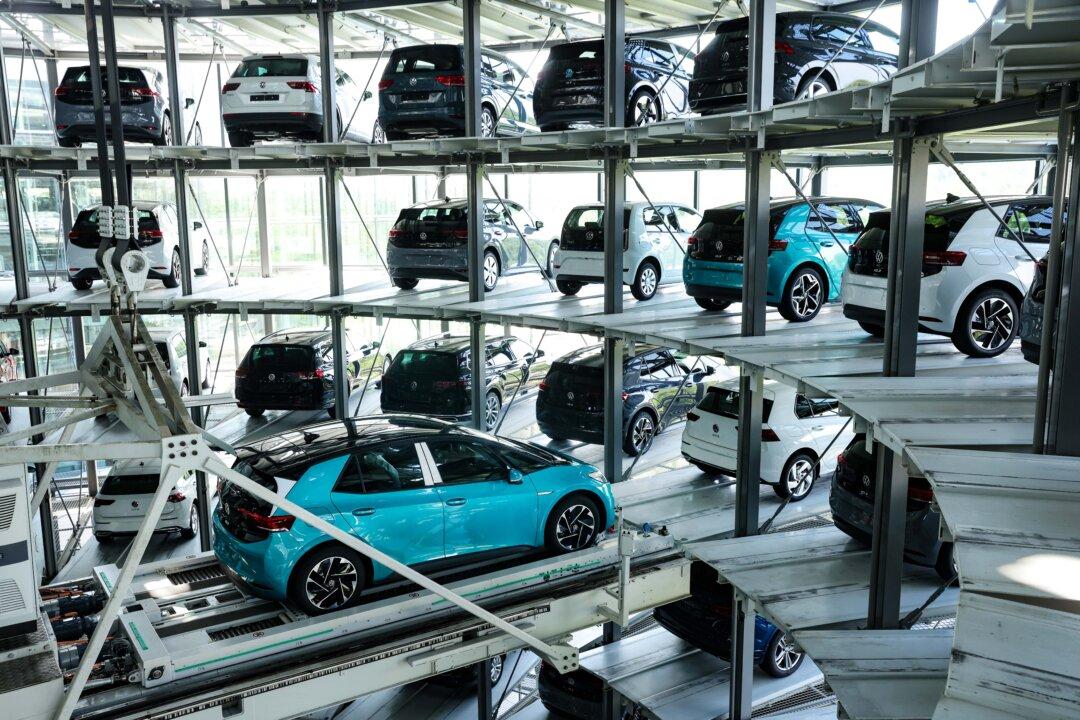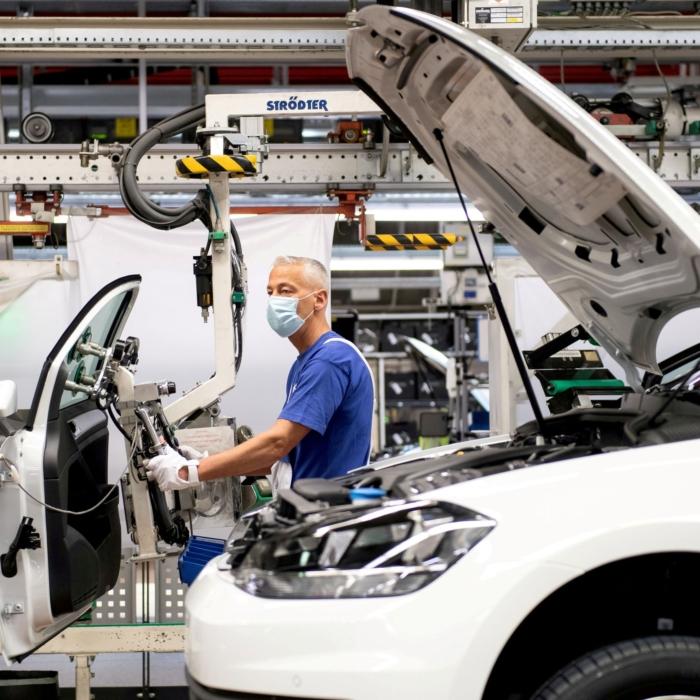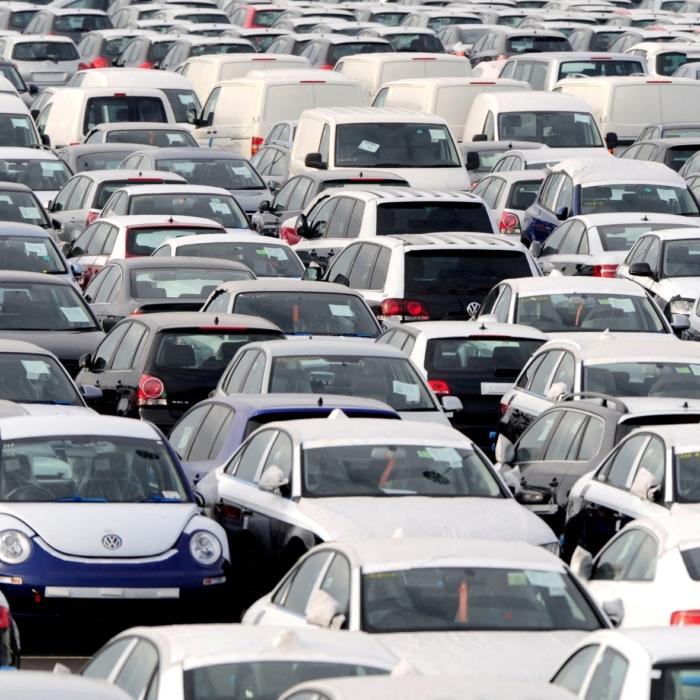Plummeting electric vehicle sales and carbon dioxide (CO2) target requirements for new cars in 2025 raise the prospect of multibillion-euro fines, production cuts, and job losses, according to the European auto industry.
Europe’s Industrial Future
Recent data from the auto industry body found that European EV sales are plummeting as companies face intense competition from Chinese manufacturers of electric vehicles (EVs).Sales of fully electric cars slumped by 43.9 percent in August, as the bloc’s biggest EV markets, Germany and France, recorded drops of 68.8 percent and 33.1 percent respectively, according to numbers from the ACEA.
The ACEA stated that it still supported decarbonization targets but needed short-term relief to “secure Europe’s industrial future.”
Emerging Concerns
As EU CO2 reduction targets draw near, the appetite to revise or reconsider the legislation is growing stronger.Earlier in the month, the Italian government warned about its own industry being affected by the new petrol car ban.
Italian Energy Minister Gilberto Pichetto Fratin criticized the policy at the TEHA business forum in Cernobbio, Italy, saying that “the 2035 ban on new combustion engine cars is absurd and needs to be revised.”
‘Incredibly Damaging’
However, despite calls for the EU Commission to change course, an EU policy expert says it’s unlikely that the body will back away from its climate legislation.“This isn’t something that the EU can backslide on,” an analyst and a research fellow at the think tank UK in a Changing Europe, told The Epoch Times before the ACEA’s call for short-term relief.
“It would be incredibly damaging to its credibility as an international climate leader if it were to push back on these things. So as much as there’s going to be big pressure from member states, there’s also a very, very strong incentive from the commission not to budge.”
Following the laws set out is a “basic principle” of EU membership, he said.
The analyst said that there are occasionally exemptions “but broadly speaking, you follow the rule book, and that’s non-negotiable.”
“There’s been quite a lot of debate around exemptions for allowing the building of cars that use E-fuels,” he said, which still leaves the door open to the combustion engine.
Profound Shift
Despite this, Europe’s auto industry is warning that a stringent push to net zero and EV vehicles are about to threaten investment, jobs, and competitiveness.The ACEA board stated that it is missing crucial conditions to “reach the necessary boost in production and adoption of zero-emission vehicles.”
Some of the issues it listed included problems related to charging and hydrogen refilling infrastructure, a competitive manufacturing environment, “affordable green energy,” purchase and tax incentives, and a secure supply of raw materials, hydrogen, and batteries.
It stated that “economic growth, consumer acceptance, and trust in infrastructure have not developed sufficiently either.”
“As a result, the zero-emission transition is highly challenging, with concerns about meeting the 2025 CO2 emission reduction targets for cars and vans on the rise,” the ACEA stated.
It stated that the current rules “do not account for the profound shift in the geopolitical and economic climate over the past years and the law’s inherent inability to adjust for real-world developments further erodes the competitiveness of the sector.”
EU Law
A commission spokeswoman told The Epoch Times by email that it had received the letter and will reply in due course.Prior to the ACEA’s call for relief, a commission spokeswoman explained to The Epoch Times the framework that commits EU countries to the 2035 legislation.
She said all new cars sold in Europe from 2035 must be zero-emission at the tailpipe and noted that the legislation is “technology neutral,” characterizing this as meaning there is no ban on combustion engines.
“The transition to zero-emission vehicles is an important part of the European Green Deal and our commitment to climate neutrality by 2050. The CO2 standards for new cars are an important part of our ‘Fit for 55’ package of sectoral legislation to implement our overall targets,” the spokeswoman said.
She said there is a review clause to review progress on how countries are transitioning toward the phase-out of CO2-emitting new cars by 2035. The clause states that in 2026, the commission will assess the progress made toward achieving the targets.







